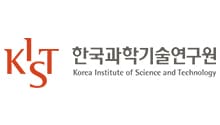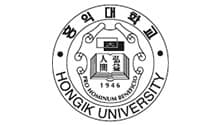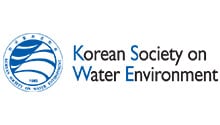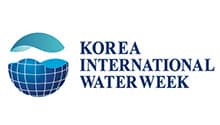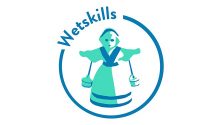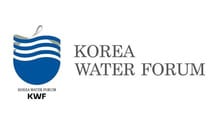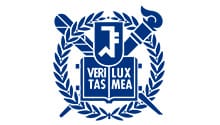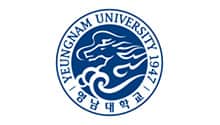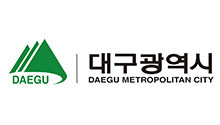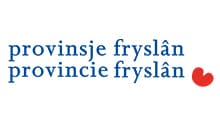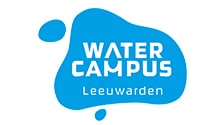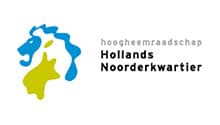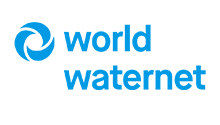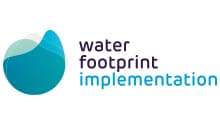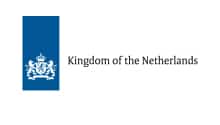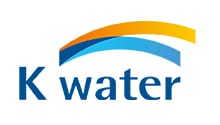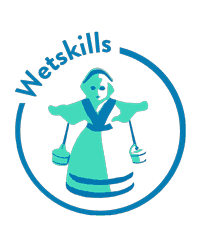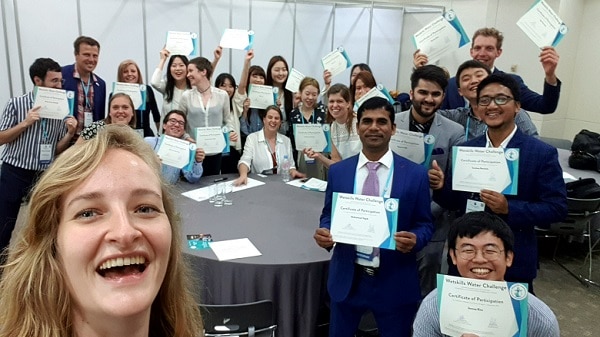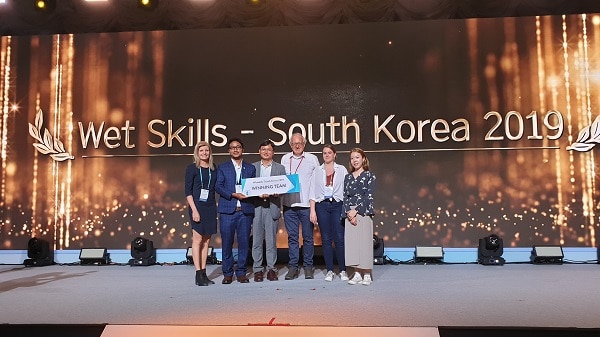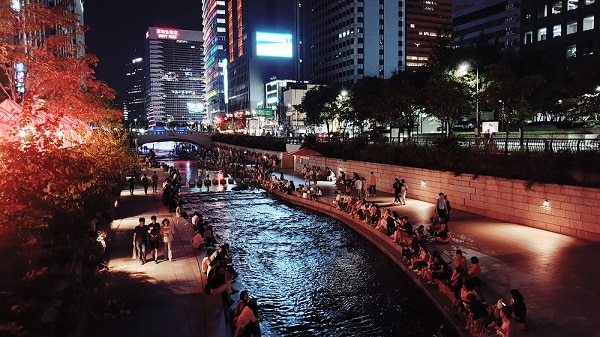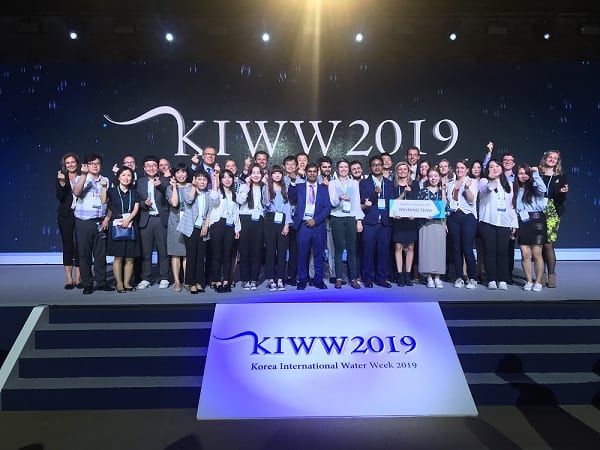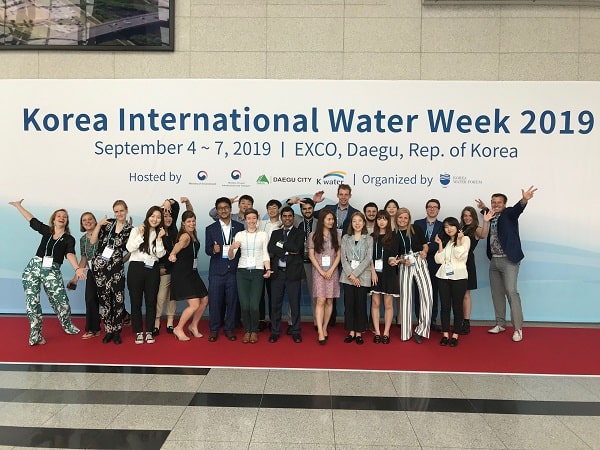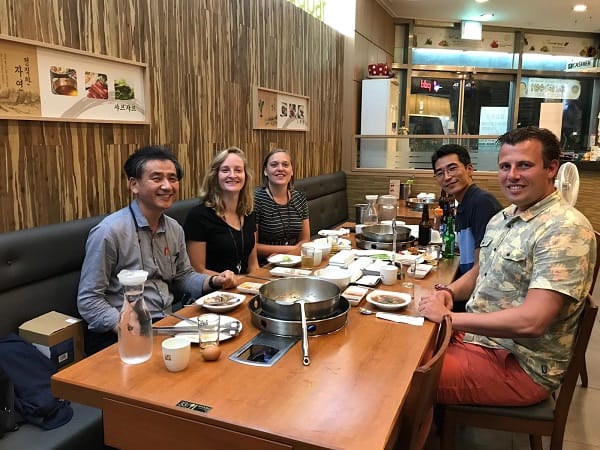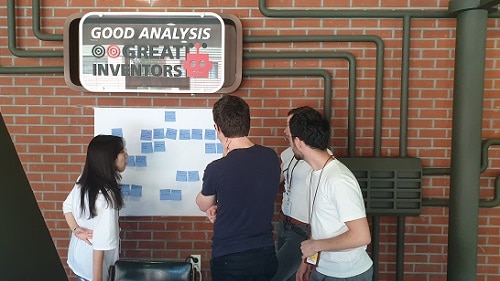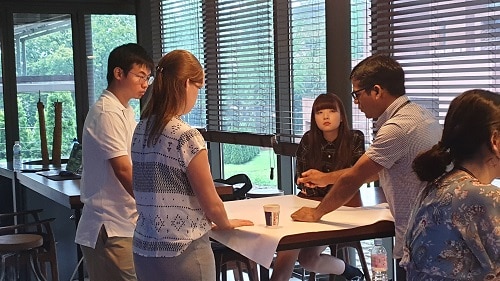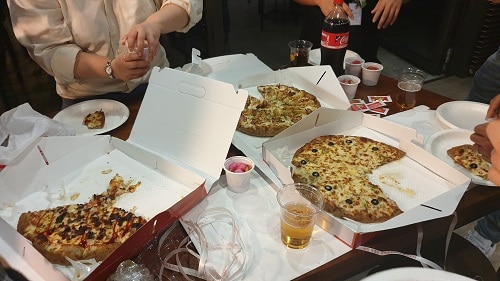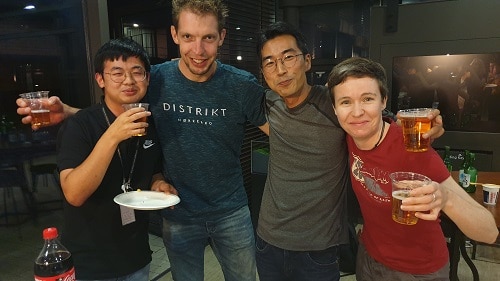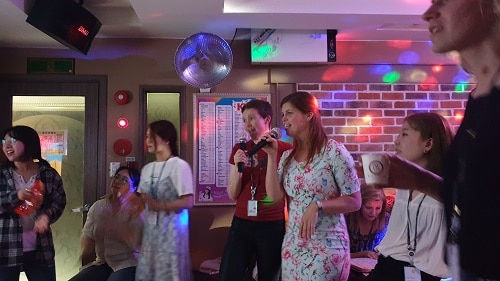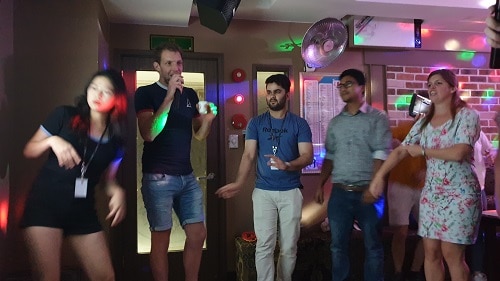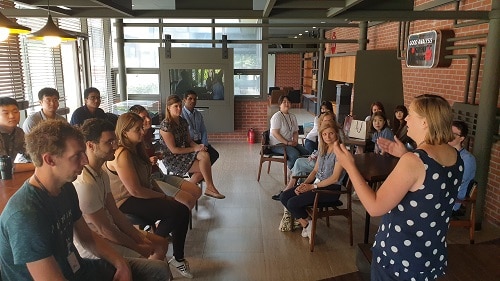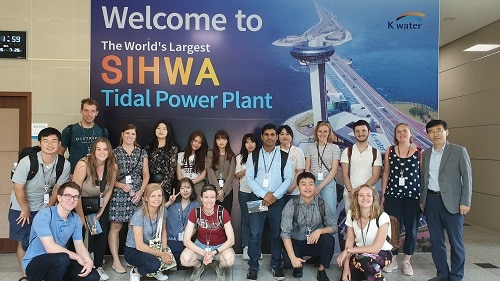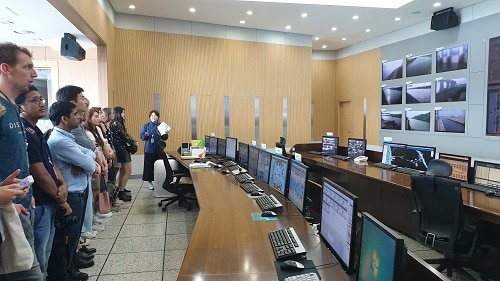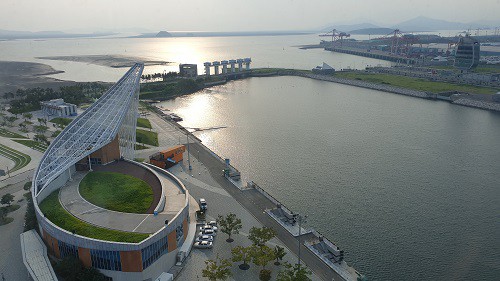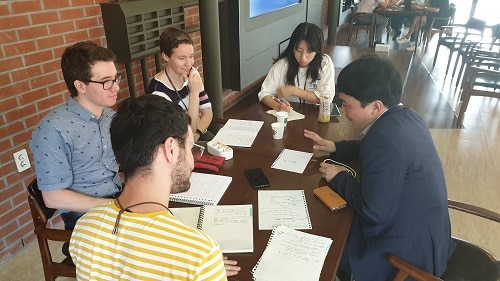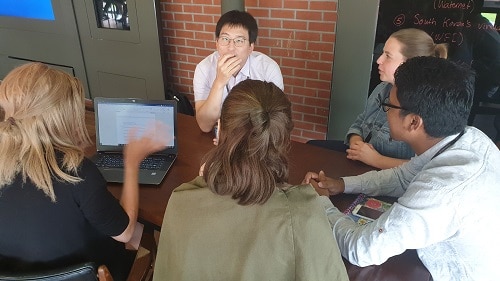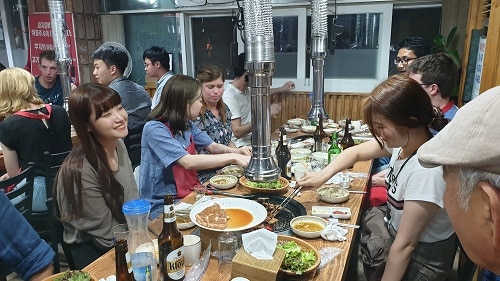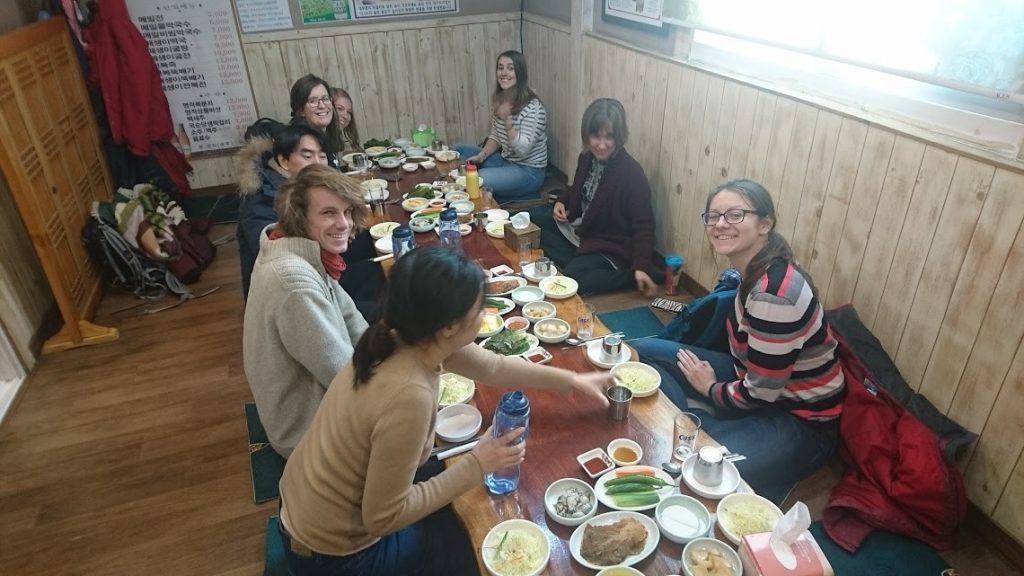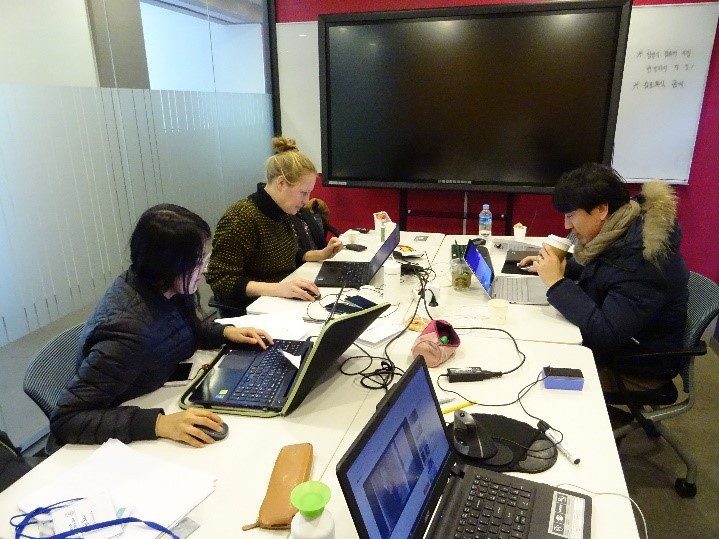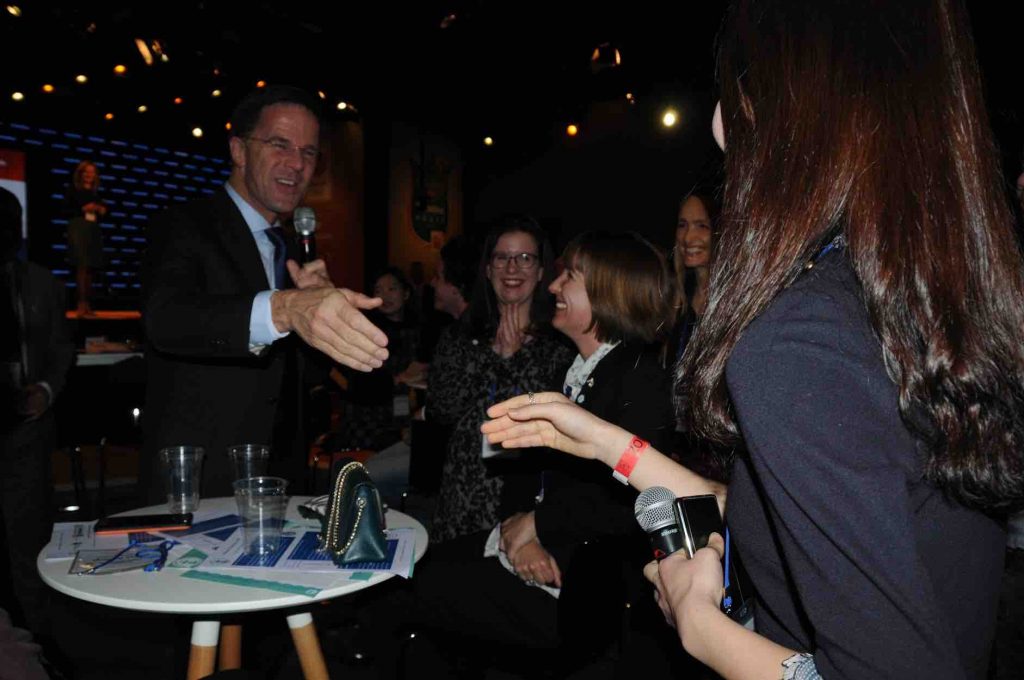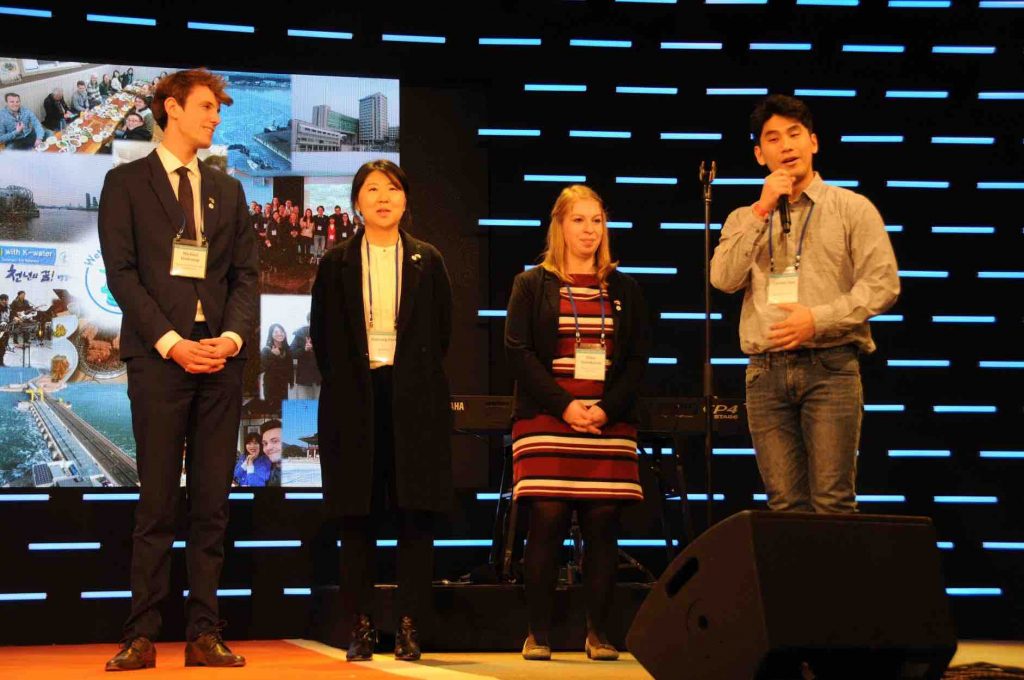
- This event has passed.
Wetskills-South Korea 2019
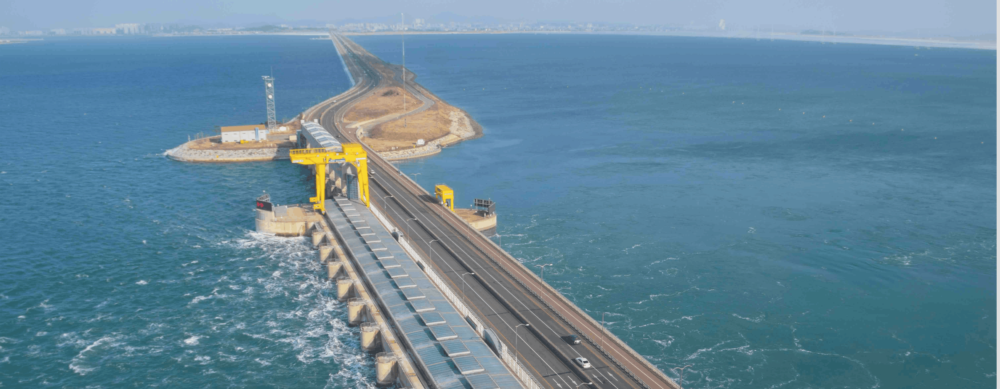

The second edition of Wetskills South-Korea!
Because of the succes of a memorable first (Olympic) edition of a Wetskills Water Challenge in South-Korea in February last year (read here), we were thrilled to organize the second edition of Wetskills South-Korea this year!
The programme started on 26 August 2019 in Seoul, and the great finals with pitches of all teams were held on 6 September, during the Korean International Water Week 2019 (KIWW) in Daegu.
The two week programme is a life changing experience, including high level network events, a visit to the world’s largest tidal power plant, and brainstorm sessions with South Korean water-experts. Watch the video to get an impression of this great event.
Wetskills-South Korea 2019!

Practical Information

General Information

Event Pictures on South Korea 2019

Wetskills formula

20 Participants were joining Wetskills South-Korea 2019! They got a unique learning experience, tackling real-world water challenges with their own team, and also:
♦ Increase their skills in: international cooperation; problem solving, cross-cultural and interdisciplinary teamwork, networking and presenting (pitch & poster);
♦ Get the opportunity to connect with other international water students/young professionals;
♦ Visit Seoul, Daegu and surrounding: water-related, natural and cultural sites and meet water professionals;
♦ Learn, network and experience more about the international and regional water challenges, the main stakeholders and organisations, contemporary issues and current business opportunities;
♦ Receive a certificate of participation upon completion of the program.
Contact the Wetskills-South Korea 2019 team: Floor van der Heijden, floor.van.der.heijden@wetskills.com; Johan Oost, johan.oost@wetskills.com; and Korean host Jeryang Park (Hongik University), jeryang.park@wetskills.com.
Event Blogs on South Korea 2018 & 2019

Event Cases

Case 1: Water supply for Mekong river delta in Vietnam
Case owner: Korea Institute of Science and Technology (KIST)
Recently, a research on Mekong river in Vietnam suggested to use VKIST to solve water supply problems in the river delta. Mekong delta has salty groundwater due to saline water intrusion, while rainwater is only available in the rainy season. KIST researchers try to find solutions for this water supply problem. How can water be provided to citizens in Mekong delta?
Final Poster
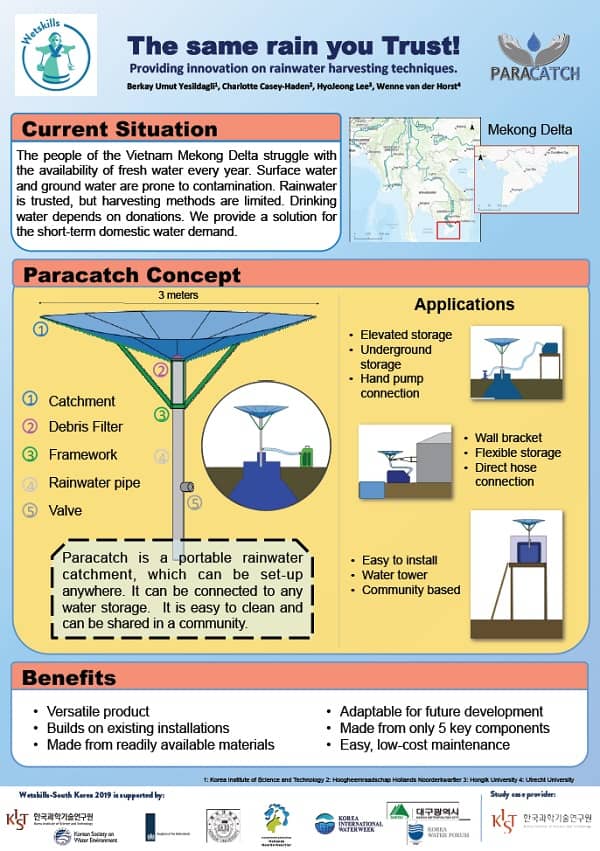
Case 2: Culture: Catalyst of water transitions
Case owner: Province of Fryslan
In the coming decades, we face major water challenges in the urban environment (both quality and quantity management). In the City of Leeuwarden in The Netherlands, important steps have been taken with regard to water quality over the past 20 years. Climate adaptation is a major new challenge. Interventions will be necessary, and are going to affect people’s lifes in the city. Important is the support and acceptance of the citizens. How can ‘culture’ increase the acceptance of citizens, so they increasingly support the necessary climate change interventions? After all, Result = Quality x Acceptance.
Final Poster – Winning team!
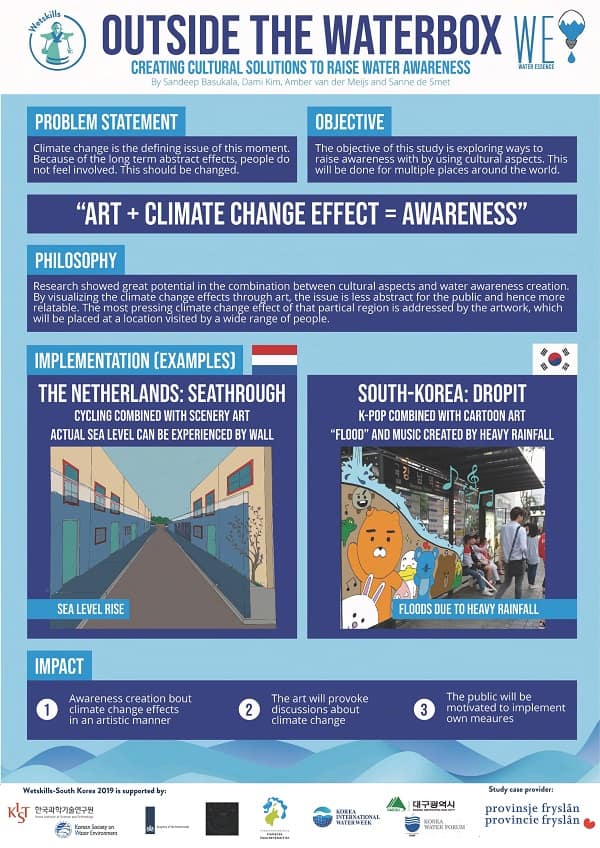
Case 3: Coastal villages adaptive to sea level rise
Case owner: Water Authority Noorderkwartier
One of the tasks of Water Authority HHNK is to manage and maintain the primary flood defense systems. Along their coastline, where part of the dunes are the primary flood defense system, erosion is taking place. To stabilize erosion, the Dutch national government has set up a nourishment scheme to keep up with sea level rise. When sea level rising persists, this scheme might not be enough for the protection of the villages situated in the dunes. The Wetskills team is challenged to come up with different/new adaptation options for an imaginary village along the HHNK coastline.
Final Poster
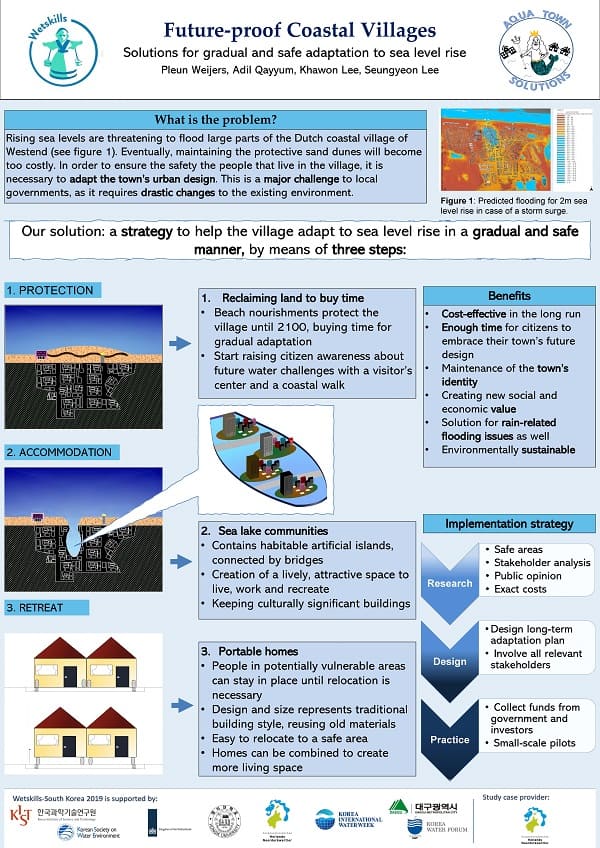
Case 4: Sustainable Future: Water & Energy
Case owner: Waternet Water Authority Amsterdam
For 2040, Amsterdam wants all energy used in the city to come from renewable resources. If the city wants to have a 100% sustainable energy supply, they have to find new sustainable energy sources in the near future. Waternet, the city’s Water Authority, is looking for ways in which water can contribute to this energy transition. During the previous Wetskills-South Korea edition in 2018, the assigned (winning) team came up with the ‘Water Wide Web’: an energy network that can store energy on different levels close to households. The challenge for the new team now is to come up with a practical implementation strategy for this ‘web’.
Final Poster
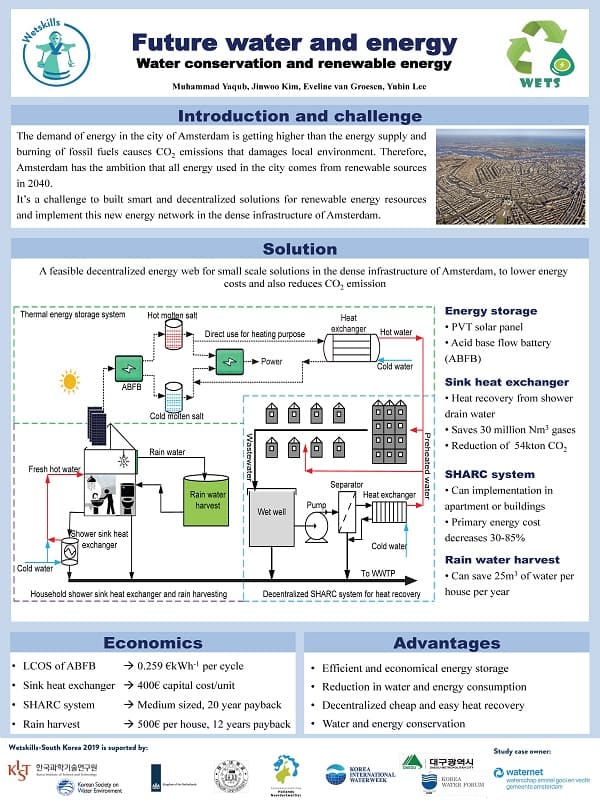
Case 5: South Korea’s virtual water trade
Case owner: Water Footprint Implementation
South Korea is one of the largest net ‘virtual water import’ countries for agricultural products. At the same time, more than 50% of South Korea’s exports are electronics, machinery and other type of equipment. Other notable exports are refined petroleum and minerals. All with a large ‘domestic Water Footprint’. How is ‘virtual water trade’ affecting the sustainability and security of water resources in South Korea? And what is the relationship in virtual water trade with a trade partner like Mexico?
Final Poster
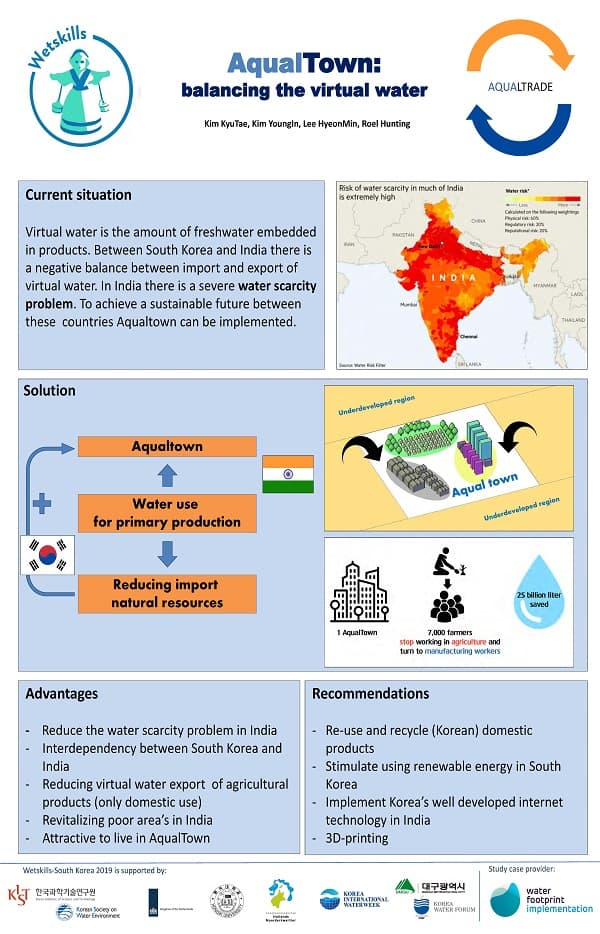
More Event Pictures on South Korea 2018 & 2019

The programme of 2018

The Finals & Awarding in 2018

Event Partners

